Manage your home
We're here to support you
We go above and beyond for our tenants to ensure they receive a first class service. Here you will find all the information you need to help manage your tenancy and home. Whether you’re moving into your new ForLiving property or thinking about moving out, you’re in the right place.
Remember that we’re always here to help and we hope you enjoy a long and happy tenancy with us.
Do I have a tenancy agreement?
A tenancy agreement is a contract between the landlord and the tenancy specifying the terms and conditions of the rental agreement. This is called an Assured Shorthold Tenancy (AST) which is usually a fixed term contract for 6 or 12 months.
You are required to stay in the property and pay your rent for the duration of the fixed term agreement. If you wish to leave at the end of your fixed term then you can provide ForLiving with 1 months’ notice in writing. For example, if you sign up to a 6 month tenancy, you can serve ForLiving with a notice on the 5th month.
You will also receive the following documents which are normally on your referencing portal.
- EPC
- Gas Safety certificate (if applicable)
- How to rent guide


Keeping you safe
If you’re currently renting with us, this dedicated section to safety in your home explains what we’re doing, as your landlord, to keep you and your home safe.
Click here to find out moreCan’t find what you’re looking for? If you have any additional queries or questions, please don’t hesitate to get in touch by clicking the button below.
Contact us